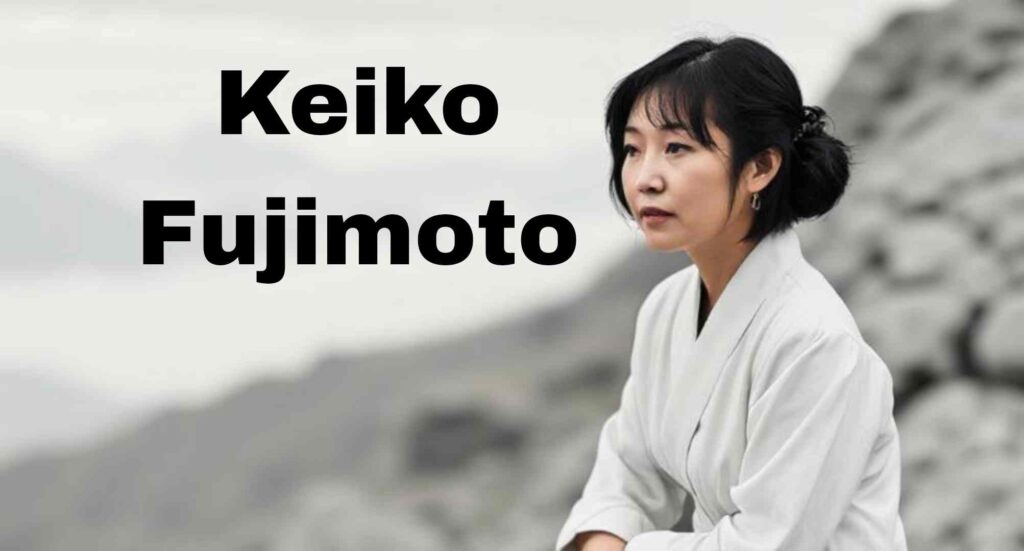Biographies serve as bridges to the lives, struggles, and triumphs of others. When we hear a name like Emma Price, our curiosity is immediately piqued—who is she, and what makes her story worth telling? This is where the power of biography lies. Whether Emma Price is a rising public figure, a trailblazing academic, or an everyday individual with a unique life story, documenting her journey helps others learn, empathize, and grow. Biographies do more than simply tell a story; they connect generations, open windows into history, and give us context about the world. In this article, we explore the core purpose of biographies through the lens of Emma Price, diving deep into how her story—and stories like hers—can impact readers worldwide. Understanding this helps us appreciate the importance of telling personal stories and valuing every unique journey.
Understanding the Purpose of Biographies
The primary purpose of biographies is to record and share a person’s life journey in a meaningful, truthful, and engaging way. Biographies like that of Emma Price are written not just to document dates and events but to capture the essence of who a person is. Through detailed storytelling, biographies allow readers to step into someone else’s shoes, understand their emotions, and grasp the motivations behind their choices. This makes biographies an essential tool for preserving human history and enriching collective memory. Whether you’re reading about Emma Price or any other figure, the purpose is often the same: to educate, inspire, and inform. Biographies provide a structured narrative that goes beyond achievements—it reflects personal values, societal impact, and the nuances of life. From historical leaders to contemporary influencers like Emma Price, biographies offer timeless value that connects personal experience with universal lessons.
Emma Price: A Name That Sparks Curiosity
Who is Emma Price? This question illustrates another key purpose of biographies: satisfying human curiosity. In an age where people are constantly searching online for real stories behind public personas, a biography helps uncover the truths behind a name. Whether Emma Price is known for her contributions to art, science, business, or humanitarian work, her biography gives her a voice beyond headlines or rumors. It reveals her background, upbringing, passions, and turning points in life. A well-written biography can help demystify success, clarify struggles, and build a fuller picture of someone’s life. Readers feel more connected when they see the real, unfiltered journey of someone they admire or wish to learn about. By offering a comprehensive look at Emma Price’s experiences, challenges, and milestones, a biography can turn intrigue into admiration—and teach valuable life lessons in the process.
Biographies as Tools of Inspiration
One of the most powerful purposes of biographies is inspiration. Stories like Emma Price’s can serve as a beacon of hope and motivation for readers facing their own challenges. When someone overcomes adversity or takes an unconventional path to success, readers are encouraged to pursue their own goals. Emma Price’s life, if documented thoroughly, may show how resilience, determination, or creativity helped her navigate tough times. This can resonate with readers from all walks of life. Biographies often highlight the “how” behind a person’s journey, not just the “what.” This practical insight is incredibly valuable, especially for young people searching for direction or those at a crossroads. Reading about real experiences helps to humanize success and remind us that greatness often comes from ordinary beginnings. In this way, Emma Price’s biography could serve as a source of strength for those who need it most.
Documenting Life Lessons Through Biographies
Biographies are more than historical records—they’re repositories of wisdom. Through the life of Emma Price, readers can discover unique life lessons gained from real-world experiences. Every choice, mistake, achievement, or failure becomes an opportunity for reflection. Biographies often explore the moral and ethical dilemmas a person has faced, offering insight into their thinking and values. For example, if Emma Price had to choose between career success and personal integrity, readers might gain perspective on similar struggles in their own lives. Life lessons learned from such stories often stay with readers longer than facts learned in school. This makes biographies essential reading for anyone interested in personal development, leadership, or emotional intelligence. As Emma Price’s story unfolds, readers don’t just learn about her—they learn from her, gaining insights that might not be found anywhere else.
Emma Price and the Role of Storytelling
The art of storytelling is at the heart of every great biography. A compelling biography doesn’t simply list events; it weaves them into a narrative that resonates. Emma Price’s story, told well, can become a captivating journey filled with emotion, drama, and triumph. Through storytelling, her biography can highlight the transformative moments that shaped her identity. This makes her story not just informative, but memorable. Good storytelling in biographies creates an emotional connection between the subject and the reader. It transforms facts into feelings and timelines into tales. Emma Price’s experiences can inspire empathy, provoke thought, and even change perspectives. This narrative power is why biographies are so enduring. Through storytelling, readers not only understand what happened in a person’s life—they feel it. In doing so, Emma Price’s story becomes part of a broader human experience that is relatable and powerful.
Preserving Legacy and Memory
Another vital function of biographies is to preserve legacies. A well-crafted biography ensures that a person’s life, like that of Emma Price, is remembered accurately and meaningfully. In an age of fleeting digital content, biographies offer a more permanent and thoughtful reflection of someone’s life and achievements. They serve as historical documents that future generations can reference, learn from, and be inspired by. For families, communities, and fans, a biography provides closure, understanding, and celebration. Emma Price’s biography can help solidify her contributions, preserve her values, and honor her life in a lasting way. This is particularly important for individuals who have made an impact but may not be widely recognized. By documenting her journey, Emma Price’s memory is not just preserved—it becomes accessible to the world. Biographies thus become a tribute and a tool for legacy-building, ensuring that meaningful lives are not forgotten.
Educational Value of Biographical Works
Biographies are powerful educational tools. They offer lessons in history, sociology, psychology, and leadership all in one compelling narrative. Emma Price’s biography, depending on her field, could educate readers about the dynamics of a profession, the intricacies of social movements, or the psychological resilience needed to face adversity. Schools often use biographies to teach students real-world applications of abstract concepts. Instead of learning about leadership from a textbook, students can learn from Emma Price’s actions, challenges, and solutions. Biographies also promote critical thinking, as readers analyze decisions, motivations, and consequences. Additionally, reading about people from diverse backgrounds fosters empathy and cultural understanding. By showcasing the real-life journey of Emma Price, her biography becomes more than a story—it becomes a classroom. It teaches not just what to think, but how to think. That’s why biographies remain a staple in educational and personal development literature.
Biographies and Personal Growth
Reading biographies can lead to personal transformation. When we read about someone like Emma Price, we often see reflections of our own dreams, fears, or challenges. Her story may motivate us to take action, pursue passions, or overcome obstacles. Biographies allow readers to benchmark their own progress and consider new paths. Emma Price’s experiences might reveal unknown opportunities or offer guidance through hard decisions. They also encourage self-awareness, prompting readers to ask important questions about their own values and life purpose. Through this lens, biographies act as mirrors and maps—showing us both where we are and where we could go. The story of Emma Price could be the catalyst for someone’s career change, creative project, or personal awakening. That is the quiet, yet powerful, magic of biography. It’s not just about learning someone else’s story—it’s about discovering your own through their journey.
Conclusion: Why Emma Price Reminds Us Biographies Matter
In conclusion, the biography of Emma Price serves as a reminder of the timeless purpose behind documenting life stories. Biographies educate, inspire, preserve, and connect. They reveal the depth of human experience and remind us that every life holds meaning. Emma Price’s story, whether already known or still unfolding, deserves to be told because it adds value to the world. By reading biographies, we honor the lives of others and deepen our understanding of ourselves. In a world saturated with fleeting information, biographies offer depth, truth, and legacy. The life of Emma Price can become a guidepost, a lesson, and a legacy all at once. Whether you are an avid reader, a curious student, or someone seeking inspiration, biographies like Emma Price’s prove that every life story is worth telling—and reading.



